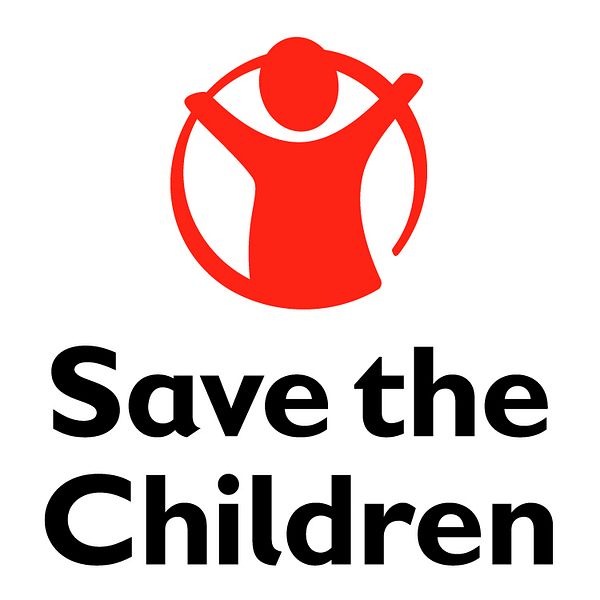Blog post -
Children bear the brunt of the impact in Jakarta floods
By Ricardo Caivano
Country Director for Save the Children in Indonesia
As of tonight, thousands of children in Jakarta will not be sleeping in their beds at home. Instead, they will spend the night in a shared space of school or other government buildings, after they were forced from their inundated homes.
It is true: It is not unusual for Jakarta to flood as it is built on a low-lying delta. But the extent of the flooding is unprecedented with water levels rising to as high as three meters in some of the worst-affected areas.
Many displaced people came from well-established neighborhoods, but overall, most of the affected are the urban poor who live in makeshift housing on the banks of the city’s rivers, making them more susceptible to damages from floodwaters.
The improvement from a flooded makeshift house to an evacuation centre is marginal at best. Girls and women have no privacy as everyone is made to sleep in the same space, there is a lack of latrines and shower areas are usually set up in a corner without any doors or curtains. With stagnant water building up, the possibility of waterborne diseases like dengue fever, diarrhea and skin infections will also rise significantly.
Flooded schools have been shut until the water subsides and many of those spared from inundation have been used as evacuation centers. The danger in shutting schools cannot be overstated. The longer children stay out of school, the more likely it is that they will drop out. Again, the ones that drop out are usually of a lower socioeconomic status whose families need additional income in order to make ends meet.
To help families return home and children resume school as quickly as possible, Save the Children is working to provide the worst-affected families with cleaning materials that they can use once the floodwaters subside. The children’s aid agency also plans to distribute new school materials to children and teachers.
Indeed, it is usually the poor that feel the greatest impact in such disasters and their children are never spared. Children are the most vulnerable in such situations, subjected to the possibility of child labor, violence and health problems. All children have the right to feel safe and to go to school. It is our responsibility to provide them just that.
Save the Children has worked in Indonesia for the past 37 years and quickly delivers humanitarian relief after the nation’s frequent earthquakes and other disasters.
Topics
- Children, Child care
Categories
- jakarta floods
- save the children in indonesia
